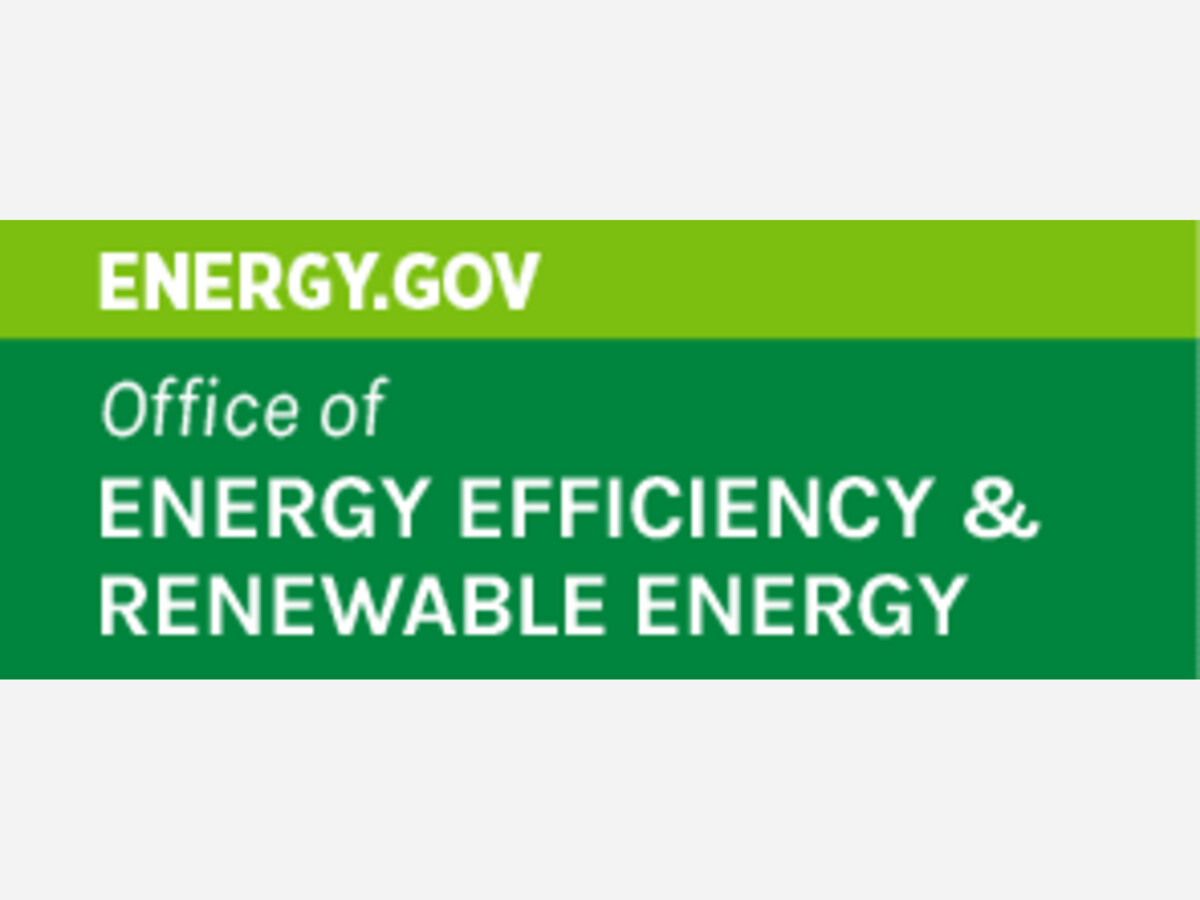Image


Clean Cities, a DOE-funded initiative, is celebrating its 30th anniversary of boosting national energy security, economic vitality, and quality of life. It comprises of 75 coalitions across the country that work in urban, suburban, and rural communities throughout America to help businesses and consumers meet their climate, financial, and energy goals through sustainable transportation fuels and technologies.
Clean Cities has saved the equivalent of 13 billion gallons of gasoline and prevented over 67 million tons of emissions from polluting America’s skies through their projects focused on increasing vehicle efficiency, shifting to alternative energy sources, and offering consumers more transportation choices.
DOE’s Vehicle Technologies Office oversees the program, and Mark Smith, the Technology Integration Program Manager, stated that “Clean Cities is transforming transportation by bringing the latest technologies to the streets and providing technical assistance with lasting, meaningful results.”
Clean Cities coalitions work in their communities to understand local priorities and offer resources and expertise backed by real-world experience. To date, they have formed active partnerships with over 20,000 public and private stakeholders.
The origin of Clean Cities dates back to the passing of the Alternative Motor Fuels Act of 1988 and the Clean Air Act Amendments of 1990. These laws encouraged the production and use of alternative fuel vehicles (AFVs) and the reduction of vehicle emissions, leading to the creation of the Alternative Fuels Data Center (AFDC) in 1991.
DOE created Clean Cities in 1993 to provide informational, technical, and financial resources to EPAct-regulated fleets and voluntary adopters of alternative fuels and vehicles. The anniversary celebrations, held near Washington, D.C., mirror local events across the country that highlight decades of work building bipartisan support and forging deep connections within the transportation industry. For more information, please visit https://cleancities.energy.gov/